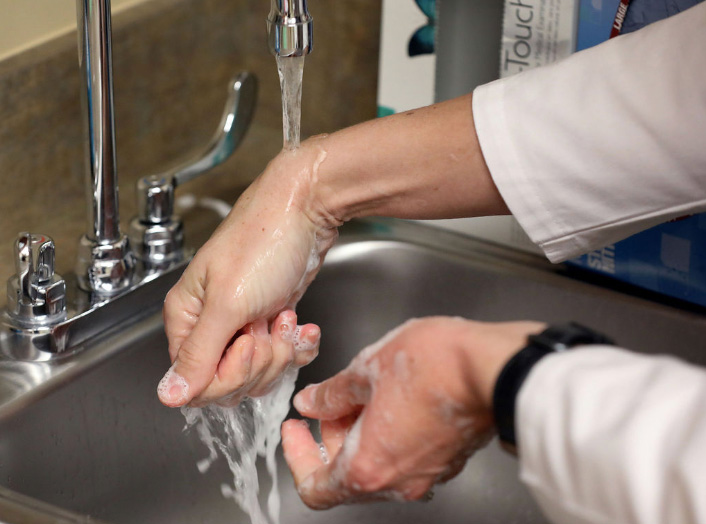Headline grab your attention? Remote work in the hospitality industry? The hospitality industry, known for its bustling hotels, vibrant restaurants and lively event venues, has long been associated with on-site…
Read More

As a valued member of The Lee Group team, your health and well-being are important to us. While many questions regarding the novel coronavirus remain unanswered at this time, there are practical, commonsense ways for you to take care of yourself, protect others, and monitor latest developments.
Based on guidance from the U.S. Centers for Disease Control and Prevention, The Lee Group recommends that employees:
- Avoid close contact with people who are sick
- Avoid touching their eyes, nose, and mouth
- Stay home when they are sick
- Cover their cough or sneeze with a tissue, then throw the tissue in the trash
- Clean and disinfect frequently touched objects and surfaces using a regular household cleaning spray or wipe
- Not wear a face mask unless they show symptoms of respiratory illness, including COVID-19
- Wash their hands often with soap and water for at least 20 seconds, especially after going to the bathroom; before eating; and after blowing their nose, coughing, or sneezing (if soap and water are not readily available, use an alcohol-based hand sanitizer with at least 60% alcohol)
Your Staffing Manager will be contacting you in the next few days to ask you a few questions regarding any exposure risks that you may have encountered. We would also like to discuss with you our policies around attendance should you or a family member become sick.
In the meantime if any of our employees have questions or concerns regarding this information, The Lee Group’s leave policies, or any other issue, we encourage to call and speak with your Staffing Manager.
To learn more about the novel coronavirus and keep up with the latest developments, see the About Coronavirus Disease 2019 and CDC’s Frequently Asked Questions and Answers webpages. For information about handwashing, see CDC’s Handwashing website.
